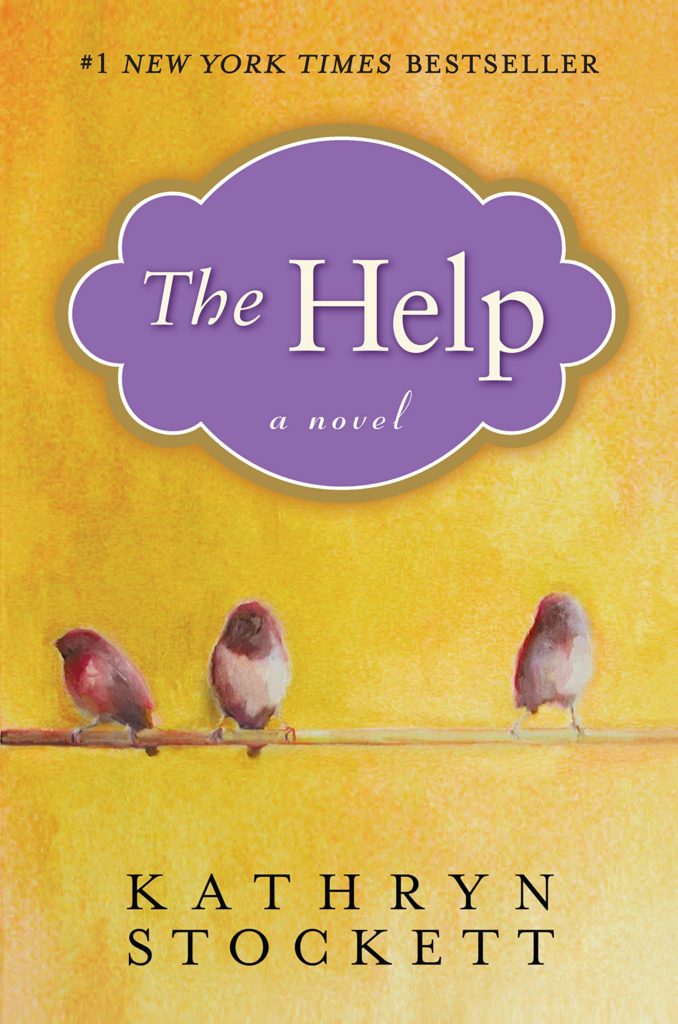This is an extremely complex topic. Technically, your book isn’t a book until it is published. Therefore, rather than asking: is your book good enough to be published, you should be asking yourself: is your unpublished manuscript worthy of a literary agent, then an editor, then a publisher (i.e. a business) investing time and money in you?
Publishers are fickle beasts, and the publishing industry often makes little-to-no-sense. But you’re reading this article, which means you’re in it now, and willing to ask that all-important question to yourself: is my baby beautiful? Well, yes. Of course your baby is beautiful. It’s your baby! And you’re about to launch your baby into the universe to be ripped apart and judged. So before you do that, take a moment to read this guide to publishing.
When is your book good enough to be published?
“Good” is subjective. As readers, writers, and – let’s face it – human beings, we have different tastes. What one person thinks is a good book, another person might hate. But when we talk about good enough in terms of manuscript, and ultimately, book publishing terms, we are talking about “publishable quality”. Your book is good enough when it has reached this standard.
What is publishable quality?
Publishable quality is a manuscript that has been checked, double-checked, and triple-checked. Maybe it’s been re-written a dozen times. Maybe it’s been read by multiple beta readers, and sensitivity readers, and copy editors. Maybe you’ve workshopped it to death in writing groups, or in MFA classes. Or maybe it’s just been read and edited by you, in which case, you should be thoroughly sick of reading your manuscript, and you should know every scene, character, and even word, by heart. In other words: you need to work on making it as humanly perfect as possible. You should also be motivated and inspired to keep on at it until you feel confident in every word. Good writing takes time. Just like any other skill, writing takes practice and patience. You need a very solid draft, that has been checked by other people. You need something that has been thoroughly fact-checked, checked for grammatical errors, and polished to a high shine. Caveat: you could go in search for “publishable quality” forever. I’m not recommending that you do that. What I am saying is that you need to pay due care and attention to make your work the best it can be. Ultimately, only you will know when your book is good enough.
Do you think your book is good enough to be published?
Your gut always knows. If you think something’s wrong with your ending, or the pace, or the voice, it undoubtedly always is. When you know, you know. This is the time where you extricate the craft – the love, the beauty, the art – from the business. You wrote a good book, but will other people i.e. readers love it? In other words, even if you think your book is good, is it good enough to sell? That’s what publishing is: pitching your art, then selling your product. If you don’t think your book is good enough to be published, or you don’t believe in what you’re selling, then nobody else will, either.
Why your book is good enough
Because you can’t stop thinking about it. Because your characters are calling to you when you’re out with friends, and when you’re getting ready for bed. Because you can’t not write this book, because this is your story, and you must be the person to tell it. Because you are constantly scribbling down notes on paper, or on your phone, or anywhere else you can. Because you are reading other books in your genre, and thinking: my book is as good – no, better – than that. If they can do it, so can I.
Why your book is not good enough
Because you haven’t spent the hours revising, or honing your craft. Because you got to the end of your first draft, and thought that you were finished. Because you let your ego take over, and thought that you were bound to get published. Because you procrastinated, rather than taking action. Because you are petrified of putting yourself out there, and receiving rejection, and facing failure. Because you did not put in the appropriate work. Always, always, do the work.
Why you should not let family or loved ones tell you if your book is good enough
Simple: because they have zero objectivity. They will either tell you what you want to hear, or they will criticize your work, which will make you mad at them, rather than focusing on perfecting your manuscript.
Why you should sometimes let professionals tell you if your book is good enough
Professional editors will almost certainly charge you a significant fee to trawl through your work and correct it. Only you will know if you need to hire an editor ahead of submitting your manuscript to literary agents (note: it is unlikely that you will need an editor after you sign with an agent, as agents will almost always give you editorial notes). A developmental editor will help you with your structure, tone, continuity, style, voice, and more. Only hire one if a) you are ready for that feedback, b) you actually want to hear it, and c) you are prepared to put in the work required to make those edits. As to whether you actually need one? Again, the gut always knows. If you think you do, then you do. If you think what you have is good enough, then it is.
Why multiple rejections from literary agents, editors, and publishers do not mean that your book isn’t good enough
The Help was rejected 60 times. James Patterson received over 30 rejections from publishers on his first book. Rejections don’t equate to publishable quality, as this Lit Hub article can attest to. I love this article. I read it over and over again. Repeat after me: rejections can mean a million different things, but they do not necessarily mean that your book is bad. In fact, it might mean that your book is a future bestseller. Because in your gut, you know what is good. And you already know if your book is good enough to be published.
Recommended reading
Here at Aspiring Author, we love recommending bestsellers and fawning over hot new releases. On this real time recommended reading list, you will find a list of top rated books on the publishing industry, craft, and other books to help you elevate your writing career.











Love this post! It’s true: put in the work and it shows. I feel inspired to write more after reading this. Thank you! 🙂
Thanks for adding a valuable dimension that novice writers often neglect, or rather, have never considered, in the process of writing. You start writing because you love to write. You think it isn’t bad until you ask you wife or husband to read it, and then comes the doubt. So you re-write or add some character development, all of which are new terms for you to puzzle through. But, you might have a great story so you write till dawn! Enjoy!